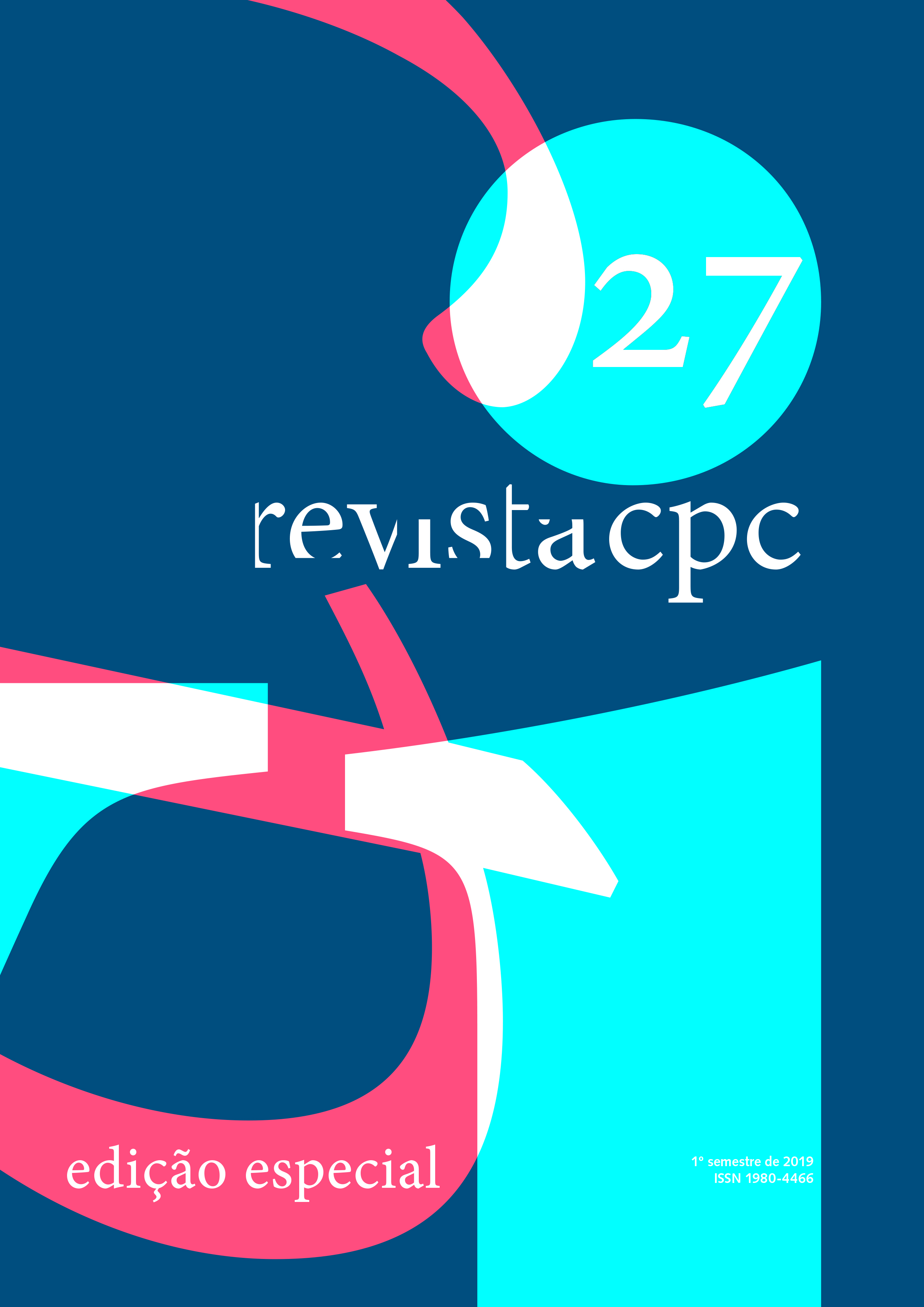Thoughts on education action in listed architecture sets: Ouro Preto
DOI:
https://doi.org/10.11606/issn.1980-4466.v14i27espp90-110Keywords:
Cultural references, Education-cultural action, Architectural heritageAbstract
This paper presents part of the considerations raised by the author while developing her Master dissertation on the Professional Masters Degree in Cultural Heritage Conservation at Preservação do Patrimônio Cultural
do Instituto do Patrimônio Histórico e Artísitico Nacional (Iphan), whose study focused on her concerns and observations as a historian, working as an educator at the Technical Office of Iphan in Ouro Preto. This town has become a locus where meaning abounds and the image of the “colonial town” is entrenched. The choice of using only part of the town reflects an incomplete image, hindering locals to experience recognition and belonging, as they perceive a portion of their town being treated as a historical monument, while another portion remains forgotten, unknown. Information raised on actions developed in the 1980s in Ouro Preto reflect the actions currently implemented by Casa do Patrimônio of Ouro Preto and will be the main
focus of the questions and thoughts brought about in this research. It is believed here that towns can be experienced as cultural goods when attentions are turned to the social and affective relations created around such places.
Downloads
Downloads
Published
Issue
Section
License
- Os autores mantêm os direitos autorais e concedem à revista o direito de primeira publicação, com o trabalho simultaneamente licenciado sob a Licença Creative Commons Attribution que permite o compartilhamento do trabalho com reconhecimento da autoria e publicação inicial nesta revista.
- Os autores têm autorização para assumir contratos adicionais separadamente, para distribuição não exclusiva da versão do trabalho publicada nesta revista (ex.: publicar em repositório institucional ou como capítulo de livro), com reconhecimento de autoria e publicação inicial nesta revista.
- Os autores têm permissão e são estimulados a publicar e distribuir seu trabalho on-line (ex.: em repositórios institucionais ou na sua página pessoal) a qualquer ponto antes ou durante o processo editorial, já que isso pode gerar alterações produtivas, bem como aumentar o impacto e a citação do trabalho publicado (Veja O Efeito do Acesso Livre).








